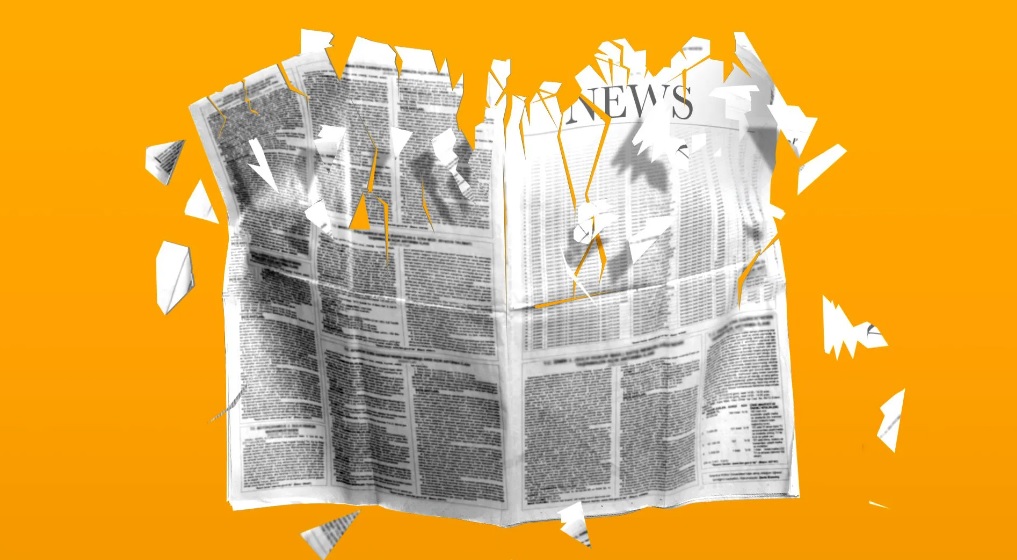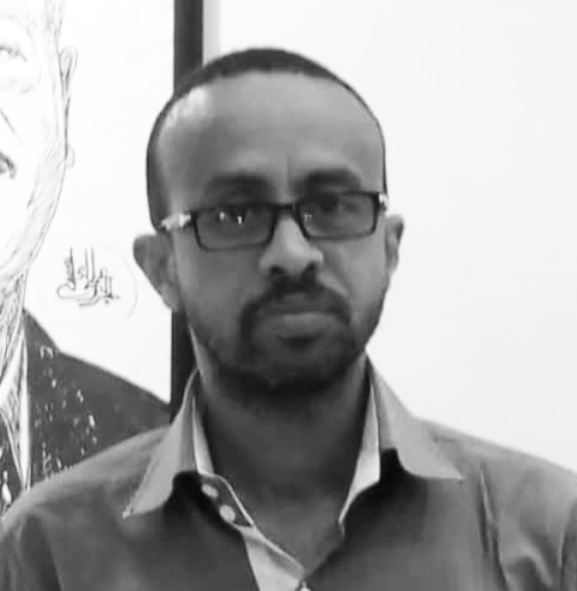
Echo Chambers... Voices of Hate and Misinformation
Khaled Massa
The war in Sudan was not the first calamity that befell issues of opinions and opposing opinions and the spaces of freedom of expression and their impact on shaping public opinion throughout the formation of the modern Sudanese state.
If we take into account the last three decades of the lifespan of the Sudanese state as a model to measure the impact of state policies on public opinion and directing it in a way that serves the policies and objectives of the ruling regime at the time, we will reach the truth that the ruling regime at the time worked to develop its repressive tools by inundating the general scene with a single voice that everyone hears, believes, and forms their feelings. Only those who worked hard to develop their struggle tools were able to escape it.
Echo Chambers... This is the system that war advocates and stakeholders relied upon to confiscate opposing opinions in favor of adopting specific positions and working and seeking to amplify and reinforce them through communication and continuous repetition within the war circles, the continuation of the war, and guarding its gates from the entry of opposing or critical opinions that undermine war claims and justifications for its continuation.
The content circulated about the April war in Sudan is mostly digital content that reinforces the concepts and goals of Echo Chambers that address those imprisoned within them through gates that address their emotions and reinforce their desires for siding with both sides of the war, completely denying any other facts, and they take in collecting information and data that only reinforces what they believe in, whether consciously or not.
Echo Chambers... By exploiting internet algorithms and the interactive nature of the tools it provides (Facebook, WhatsApp, Twitter, etc.), it became possible to amplify voices and opinions that support the one-way path and do not engage in any experience in confronting ideas and opinions from any opposing side. Therefore, the feeling and convictions increase that what is echoed inside these chambers is the absolute truth, so the individual inside these chambers gives up the responsibility of forming his convictions as long as the circulated content meets his desires and expectations.
The danger of echo chambers in the current Sudanese war appears in luring some to relinquish what is abhorrent to sound nature and advanced human consciousness under logical claims of siding with one side of the war without caring about the loss of the original and principled position from violating the rights of civilians, for example, or the rights of prisoners of war stipulated in the Universal Declaration of Human Rights. Therefore, through following what is circulated in these chambers, we find those who reconcile with cases of representation by the corpses of the deceased, displaying and circulating them, and those who reconcile with depriving captives and civilians of the minimum of their rights. We also find those who are keen on circulating misleading news according to the necessities of war and the necessity of explicitly renouncing what is authentic and true for the development of human awareness.
In the absence of a clear and agreed-upon definition of what constitutes hate speech in the digital content circulated about the war in Sudan, echo chambers are responsible for legitimizing all hate speech triggers without caring about their effects on the fabric of Sudanese society.
Instead of focusing on criticizing and minimizing the practices that occur in echo chambers and negatively affect the shaping of public opinion, we must think seriously about creating a parallel alignment that works to provide an awareness and enlightenment discourse that defines hate speech in digital content without affecting freedom of opinion and expression rights.
With the necessity of creating a broad coalition of digital content makers and publishers about the war in Sudan working to raise sensitivity levels on publishing platforms towards harmful hate speech content.
It is also important to pay attention to building a database that helps to understand the nature of those targeted by hate speech and misleading news in this interactive space without affecting their privacy and finding compensatory and reformative alternatives that encourage understanding of the necessity of dealing with what they publish of unedited materials by professional editors and committed to combating hate speech and misinformation.
Digital content publishers should not feel that they are facing a destiny-determining confrontation against anti-hate speech measures and that they are subject to more punitive controls than they are promoting behavior that is consistent with human rights awareness and awareness against any infringement of the rights of others.
It is also necessary to be aware of the danger of echo chambers in that they create a feeling among those imprisoned within them of absolute belonging to the content circulated within them or absolute submission to what certain content creators say, which is closer to the naming of electronic tribalism and sectarianism. Therefore, they are the most vulnerable to informational misleading and besieged within the circles of hate speech and false and misleading news.
Sudanese publishers and internet content makers did not stand idly by in the face of the development of dictatorial systems for their repressive tools. Still, they developed their struggle tools and found their lost in this interactive space, which is not subject to the hand of authoritarian editing with its false and misleading news or through echo chambers that teach submission to absolute opinion and a single viewpoint.
Their struggle position should not stop at this point, but they must continue to build awareness and enlightenment platforms that open the doors and windows of echo chambers to free the critical mind from the control of hate speech and misinformation and open up broader horizons for awareness of human rights and awareness that war discourse only bequeaths us with nothing but total destruction.


